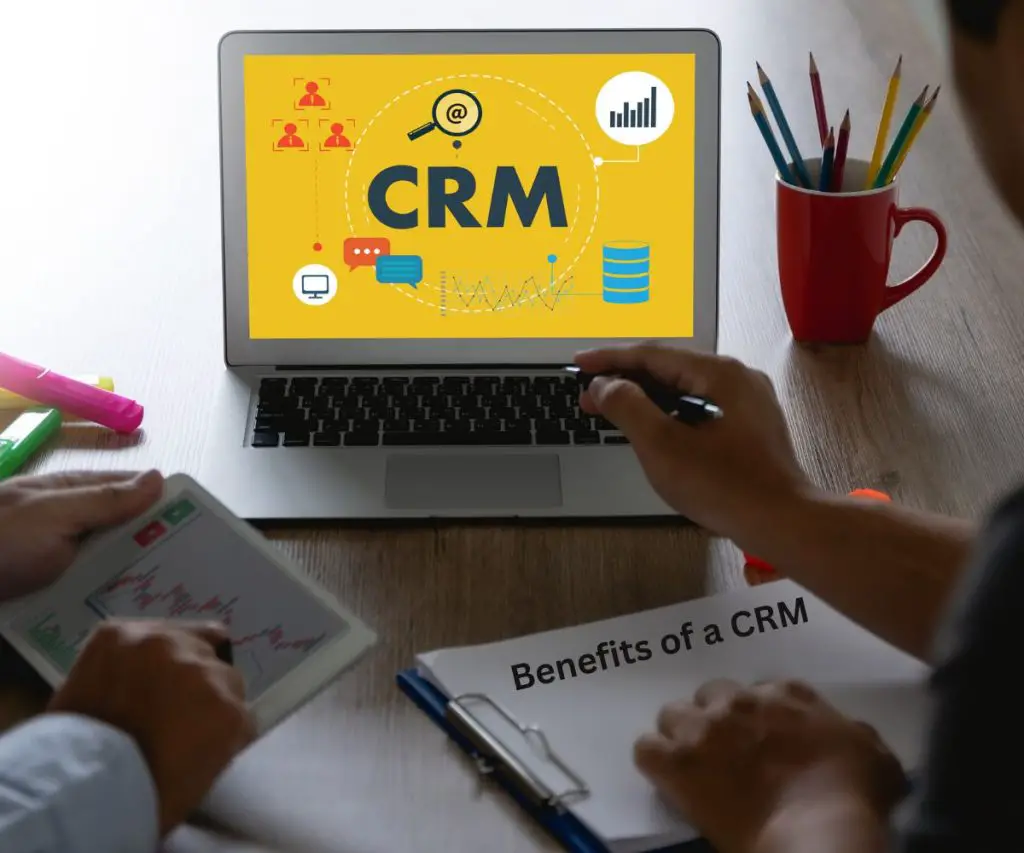
Customer Relationship Management (CRM) systems have become a cornerstone for businesses aiming to improve their interactions with customers. Whether you’re a small business or a large enterprise, the benefits of a CRM system can significantly enhance your operations, customer satisfaction, and overall business growth. Let’s delve into the myriad benefits of implementing a CRM system.
What is a CRM System?
A CRM system is a technology platform that helps businesses manage their interactions with current and potential customers. It centralizes customer information, automates sales and marketing processes, and provides insights into customer behavior and business performance.
Key Benefits of a CRM System
- Centralized Data Management: CRM systems store all customer data in one place, making it easy for teams to access and update information, ensuring everyone is on the same page.
- Improved Customer Relationships: By having a complete view of customer interactions, businesses can provide more personalized and timely responses, enhancing customer satisfaction.
- Increased Sales: CRM systems help manage leads more effectively, track sales activities, and provide insights into sales performance, leading to higher conversion rates.
- Enhanced Marketing Efforts: CRMs enable targeted marketing campaigns by segmenting customers based on various criteria, ensuring the right message reaches the right audience.
- Better Customer Service: CRMs streamline customer service processes, providing agents with all necessary information to resolve issues quickly and efficiently.
- Improved Efficiency: Automating routine tasks such as data entry, follow-ups, and reporting frees up time for employees to focus on more strategic activities.
- Data-Driven Decision Making: CRMs offer robust analytics and reporting tools that provide insights into customer behavior, sales trends, and campaign effectiveness, helping businesses make informed decisions.
Specific Advantages for Different Business Functions
- Sales Teams: CRMs help track interactions with leads and customers, set reminders for follow-ups, and provide insights into sales performance, making it easier to close deals.
- Marketing Teams: By segmenting customers and tracking campaign performance, CRMs enable more effective and personalized marketing strategies.
- Customer Service Teams: Access to detailed customer histories allows service agents to resolve issues more efficiently and provide a better customer experience.
- Management: CRMs provide comprehensive reports and dashboards that give managers a clear view of business performance, helping in strategic planning and decision-making.
How to Implement a CRM System
- Define Your Goals: Determine what you want to achieve with your CRM system, such as improving customer service, increasing sales, or enhancing marketing efforts.
- Choose the Right CRM: Research different CRM solutions and choose one that fits your business needs and budget. Popular options include Salesforce, HubSpot CRM, and Zoho CRM.
- Plan the Implementation: Develop a detailed plan that outlines the steps for implementing the CRM system, including data migration, system configuration, and user training.
- Train Your Team: Ensure that all users are trained on how to use the CRM system effectively. Provide ongoing support and resources to help them get the most out of the system.
- Monitor and Optimize: Continuously monitor the performance of the CRM system and make adjustments as needed to optimize its use and ensure it meets your business goals.
FAQs
Q: Can a CRM system benefit small businesses?
A: Yes, CRM systems can benefit businesses of all sizes by improving efficiency, enhancing customer relationships, and providing valuable insights.
Q: How long does it take to implement a CRM system?
A: The implementation time can vary depending on the complexity of the system and the size of the business. It can range from a few weeks to several months.
Q: Is it expensive to maintain a CRM system?
A: The cost of maintaining a CRM system can vary. However, many CRMs offer scalable pricing plans that can fit different budgets.
Conclusion
A CRM system is a powerful tool that offers numerous benefits for businesses looking to improve their customer interactions and streamline their operations. By centralizing data, enhancing customer relationships, and providing valuable insights, a CRM system can significantly boost your business efficiency and growth. Invest in a CRM system and take your customer relationship management to the next level.
